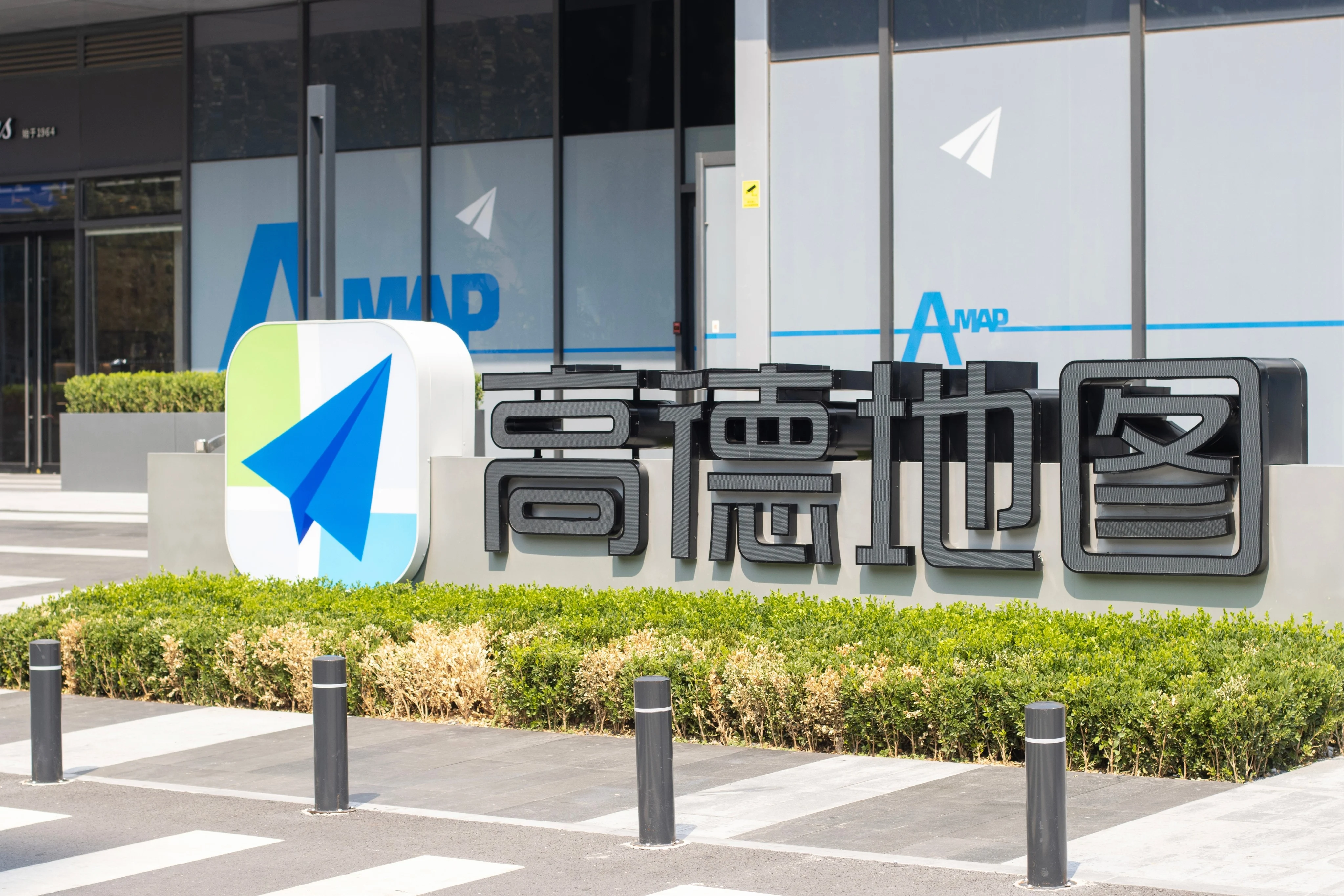Copyright scmp

Amap, the mapping and local services business under Alibaba Group Holding, is expanding its global footprint in tandem with the overseas drive of Chinese carmakers, potentially challenging the dominance of Google Maps. Amap on Monday unveiled an international version of its AutoSDK, a software toolkit designed to support carmakers in developing in-car navigation and cockpit systems for foreign markets. Alibaba owns the South China Morning Post. Chinese car brands had long struggled to adapt their navigation services to different geographies and local users, making it difficult to iterate quickly to meet global expectations, Amap said in a statement. Drawing on experience from partnerships with more than 40 domestic car manufacturers, the company said the new AutoSDK would “enable Chinese carmakers to bring proven success to foreign markets and build intelligent competitiveness”. The international version of AutoSDK covers more than 170 countries across Europe, Southeast Asia, the Middle East and South America, with support for 19 major languages, according to Amap. The company is accelerating its overseas expansion as it seeks a share of the global navigation market led by Google Maps, which boasts more than 2 billion monthly users worldwide. Amap’s latest push comes amid surging exports by Chinese carmakers, which shipped 4.96 million passenger vehicles in 2024, according to the China Association of Automobile Manufacturers. China, now the world’s largest vehicle exporter, was expected to sell 10 million cars abroad by 2030, the China Passenger Car Association said. An SDK, or software development kit, provides developers with tools to build apps for specific platforms. Amap said its modular, “Lego-style” AutoSDK allowed carmakers to customise mapping systems efficiently for different overseas markets. Amap has also formed a partnership with Netherlands-based location data company Here Technologies to ensure the authority and compliance of overseas map data resources. The firm also plans to enhance localisation by setting up independent entities and data centres in international markets. Amap expanded its coverage to overseas territories using China’s home-grown Beidou satellite navigation system in 2023. In May, the company added a ride-hailing feature for foreign visitors in mainland China covering more than 360 domestic cities. Two months later, it expanded ride-hailing access to more than 26 countries across Asia and Europe. Amap’s overseas drive comes as competition in China intensifies between e-commerce giant Alibaba and delivery service giant Meituan. Amap underwent a major upgrade in September with Amap Street Stars – a new ranking feature on its homepage – as part of Alibaba’s attempt to attract users through innovative services.



